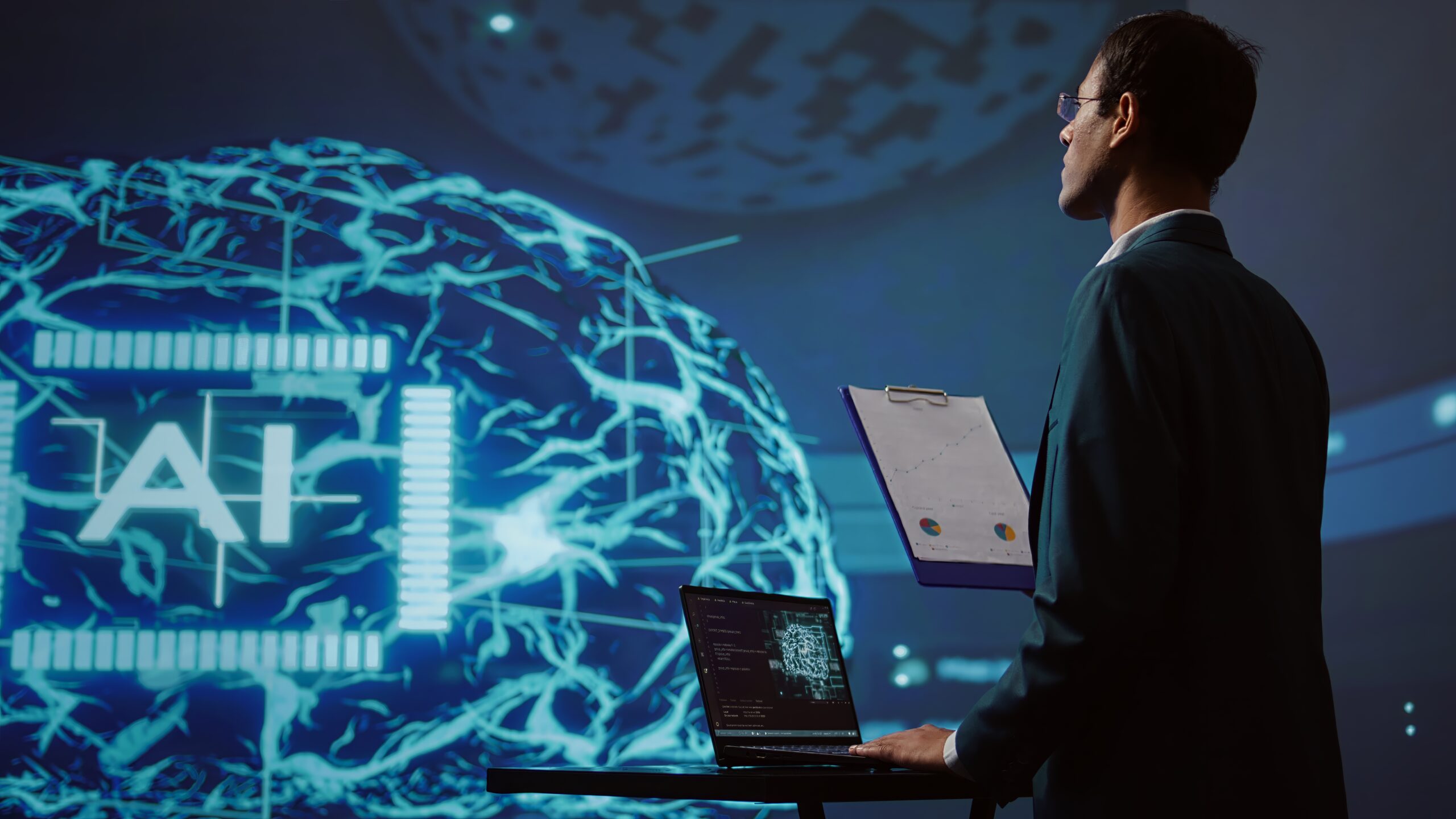The Rise of Vertical AI Solutions
How AI Development Companies Are Revolutionizing Industry-Specific Software

Artificial intelligence has transitioned from a futuristic concept to a vital technology driving modern businesses. While generic AI tools have offered broad improvements across sectors, a more tailored approach is now taking center stage—vertical AI solutions.
Vertical AI refers to industry-specific artificial intelligence tools designed to meet the unique needs of a particular field. Unlike general-purpose AI, which offers broad capabilities for multiple industries, vertical AI is customized to the challenges, data, and workflows of a specific domain—whether it’s healthcare, logistics, finance, or manufacturing.
At the forefront of this transformation is the AI development company—a tech partner that combines artificial intelligence with deep industry insight to create purpose-built software. These companies are redefining how sectors operate by delivering smarter, more precise solutions.
What Exactly Is Vertical AI?
Vertical AI focuses on building artificial intelligence systems for one industry at a time. These tools are developed using domain-specific datasets, regulatory knowledge, and operational understanding.
For example:
- In healthcare, AI models are trained to analyze lab results and detect early signs of disease.
- In retail, algorithms forecast customer buying patterns and manage inventory.
- In finance, AI systems help in compliance reporting and fraud detection.
Vertical AI doesn’t just apply AI techniques—it tailors them to industry demands, resulting in highly accurate and actionable outcomes.
Why Industries Are Turning to Vertical AI
1. Enhanced Accuracy
2. Business-Ready Deployment
3. Improved Compliance
4. Higher User Adoption
Use Cases: Where Vertical AI Is Already Making an Impact
1. Retail
2. Healthcare
3. Finance
4. Manufacturing
5. Transportation & Logistics
The Next Phase of Vertical AI
1. Adaptive AI Systems
2. Edge AI Integration
3. AI-IoT Convergence
How to Choose the Right AI Development Company
If you’re considering building a vertical AI solution, your choice of development partner is critical. Here’s what to look for:
Proven Industry Experience: Does the company have case studies or clients in your industry?
Custom-Built Models: Are they offering tailored solutions, or just tweaking off-the-shelf tools?
Security and Compliance: Can they meet your industry’s data protection standards?
Post-Launch Support: Will they offer maintenance, updates, and continuous learning for the AI system?
A reliable AI development company acts as more than a vendor—it becomes a strategic collaborator invested in your success.
Final Thoughts
Vertical AI is not a futuristic concept—it’s a present-day solution redefining how industries operate. Businesses that invest in industry-specific AI tools gain a significant advantage: smarter decisions, streamlined operations, and faster innovation.
As the complexity of business challenges increases, the need for focused, high-performance solutions becomes even greater. That’s where vertical AI shines—and where the right AI development company can make all the difference.
In a world where one-size-fits-all no longer works, vertical AI is helping businesses tailor their tech to fit like a glove.
